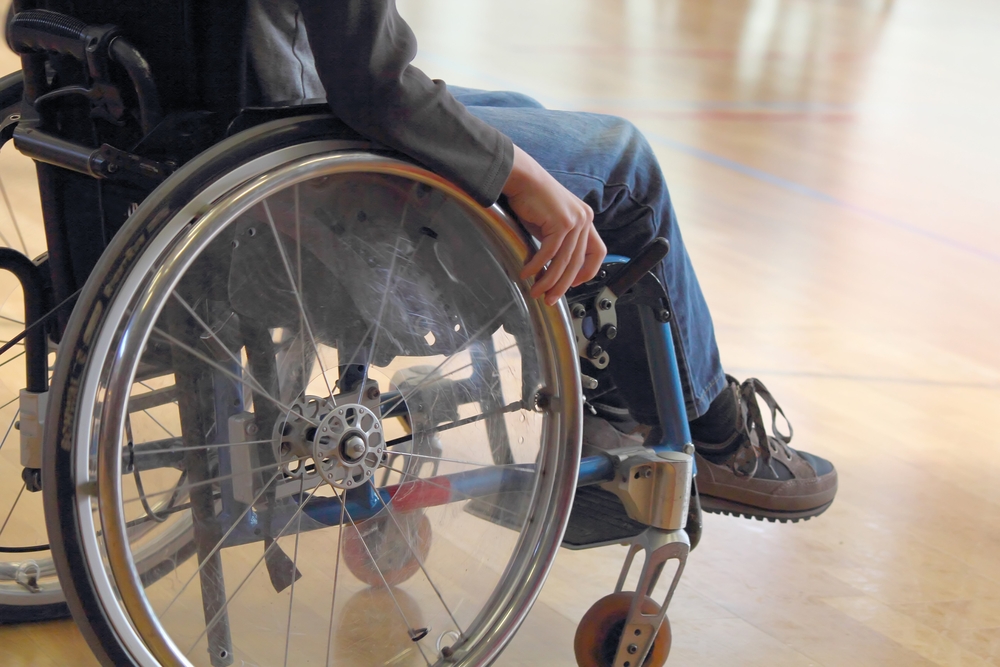First Clinical Trial to Focus on Improving Hand Function in PPMS Patients Announced

A new clinical trial will be the first in the world to recognize the importance of retaining hand function for wheelchair-bound patients with primary progressive MS (PPMS), according to a press release from Queen Mary University of London.
The international trial, which will be conducted by a research team from Queen Mary University of London, Barts Health NHS Trust, and Roche, will test if Ocrevus (ocrelizumab) can improve the ability of PPMS patients with advanced disability to use their hands.
Up to now, most MS clinical trials have focused solely on a patient’s walking ability as a measure of a potential therapy’s effectiveness, and they have often excluded patients who are already in wheelchairs.
In addition, although growing evidence shows that continuing treatment improves upper body function and quality of life in PPMS patients, the U.K.’s National Health System stops disease-modifying treatments for MS patients once they lose their lower limb function and have to rely on a wheelchair.
“Addressing the needs of people with progressive MS, who are typically more advanced in their disease course, is one of the major frontiers in MS research. Around a third of people living with progressive MS may already be confined to a wheelchair, so maintaining hand and arm function is essential for them to stay independent and lead active lives.” Gavin Giovannoni, PhD, lead researcher and a professor at Queen Mary University of London and Barts Health NHS Trust, said in the release.
Join our FORUMS to discuss the latest research and trials!
The trial will also be the first to use an arm, wrist, and hand function measure called the Nine-Hole Peg Test as the main outcome. In this test, patients are asked to take nine pegs from a container and place them one at a time into holes on a board as fast as they can. They are then asked to move them back to the container. Both the dominant and nondominant hands are each tested twice.
Expected to start by the end of 2018, the trial will enroll about 1,000 PPMS patients from multiple countries, including those with advanced disability and those in need of a wheelchair. The safety and effectiveness of Ocrevus in improving upper limb function will be assessed and compared with a placebo group.
“The ability to use my hands and arms is now very important for a multitude of reasons. Without them, I could not use a rollator, walker or mobility scooter,” said Patrick Burke, a patient with advanced MS.
Ocrevus — an immunotherapy developed by Genentech, a member of the Roche Group — was approved in the U.S. in March 2017, and in January 2018, in all 28 countries in the European Union, as a treatment for relapsing forms of MS and PPMS.
Its approval for PPMS was particularly significant because this form of the disease previously had no approved therapies. This profoundly disabling, progressive form of MS occurs in about 15 percent of the MS population worldwide.
“For a number of years, through our #ThinkHand campaign, we have been urging industry to conduct a study looking at upper limb function in people with advanced MS. We’re pleased that in collaboration with Roche, we will conduct a clinical trial that uses hand function as a primary outcome for the first time,” Giovannoni said.






